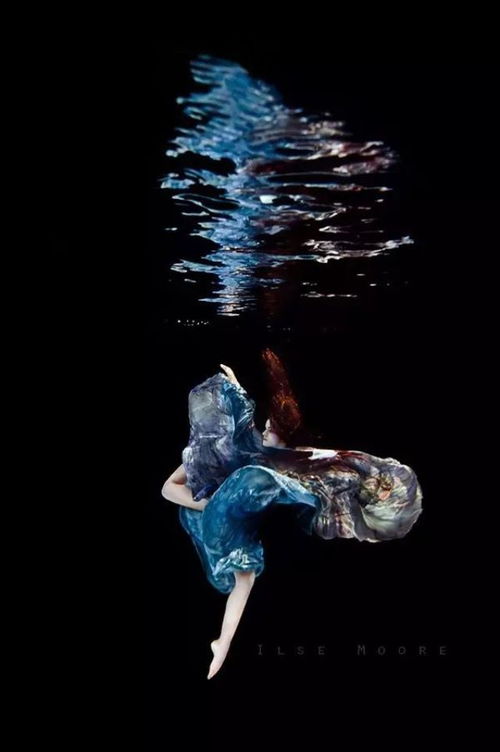Content:
The pursuit of catching a beluga whale, also known as the white whale, is a task that requires a unique blend of skill, patience, and respect for the marine environment. Beluga whales, known for their striking white coloration and playful nature, are a popular target for anglers seeking a challenge. However, it's crucial to approach this endeavor with the right techniques and methods, not only to increase your chances of success but also to ensure the safety and well-being of these majestic creatures. Here, we delve into the world of beluga whale fishing, offering expert advice on how to hook a white whale.
Understanding Beluga Whales
Before delving into the fishing techniques, it's essential to have a basic understanding of beluga whales. These are the smallest of the whale species, with adults typically weighing between 1,200 to 1,800 kilograms. They are found in the Arctic and subarctic waters of the North Atlantic and Pacific Oceans, as well as in the Caspian and Black Seas. Belugas are known for their intelligence and have been observed using tools, forming complex social structures, and even engaging in play.
Legal and Ethical Considerations
Before you embark on your beluga whale fishing adventure, it's vital to understand the legal and ethical aspects of the activity. Many countries have strict regulations regarding the hunting or fishing of beluga whales due to their endangered status. It's essential to check local laws and obtain the necessary permits or licenses. Additionally, it's crucial to fish responsibly, ensuring that your actions do not harm the whale or its habitat.
Choosing the Right Equipment
The equipment you use for beluga whale fishing is crucial. Here are some key considerations:

Reel: A heavy-duty spinning reel with a strong drag system is recommended. Belugas can be quite strong, so your reel should be able to handle the pressure.
Rod: A rod designed for heavy-duty saltwater fishing, with a minimum breaking strain of 50 pounds, is necessary.
Line: Use a high-test monofilament line with a minimum breaking strain of 50 pounds. Braided line can also be effective but may be more difficult to manage.
Lure: Belugas are known to be curious and will often investigate lures. Choose a large, bright lure that mimics the appearance of fish or prey. Some anglers use fish-shaped lures or even natural fish heads.
Hook: A large, strong hook is essential. J-hooks or circle hooks are commonly used.
Techniques for Catching Beluga Whales
Location: Research and locate areas where beluga whales are known to frequent. This could be near coastal areas, in shallow waters, or even near icebergs.
Timing: Belugas are most active during the spring and summer months. This is when they are more likely to be feeding and more likely to investigate lures.
Chumming: Chumming involves spreading fish oil or other bait in the water to attract fish and, in turn, belugas. However, it's important to do this responsibly to avoid harming the environment.
Presenting the Lure: Once you've located an area with belugas, present your lure in a slow and steady manner. Belugas are curious and may investigate the lure without immediately attacking.
Handling the Fish: If you successfully hook a beluga, handle it with extreme caution. Avoid rough handling, and do not attempt to remove the hook yourself. It's best to contact a professional or the appropriate authorities for assistance.
Safety Precautions
Fishing for beluga whales can be dangerous. Always prioritize safety:
Boating Safety: Ensure your boat is in good condition and that you have the necessary safety equipment, such as life jackets.
Weather Conditions: Check the weather forecast and avoid venturing out in bad weather.
Marine Wildlife Interaction: Be aware of the behavior of beluga whales and other marine wildlife. Do not approach them too closely, as they can be unpredictable.
In conclusion, catching a beluga whale is a rare and challenging feat that requires careful planning, respect for the marine environment, and a deep understanding of the species. By following these techniques and methods, you can increase your chances of success while ensuring the safety and well-being of these incredible creatures. Remember, the experience of catching a beluga whale is not just about the fish itself but also about the adventure and the knowledge gained along the way.












